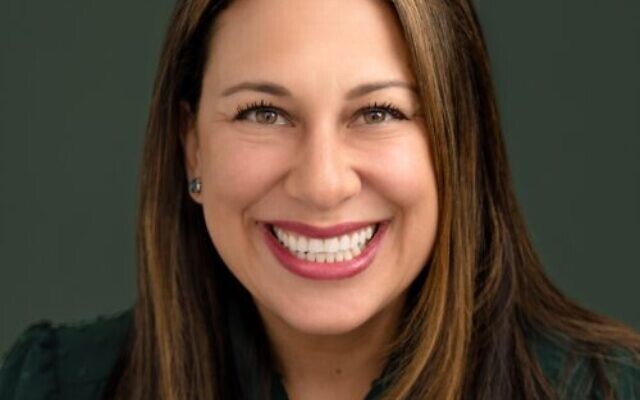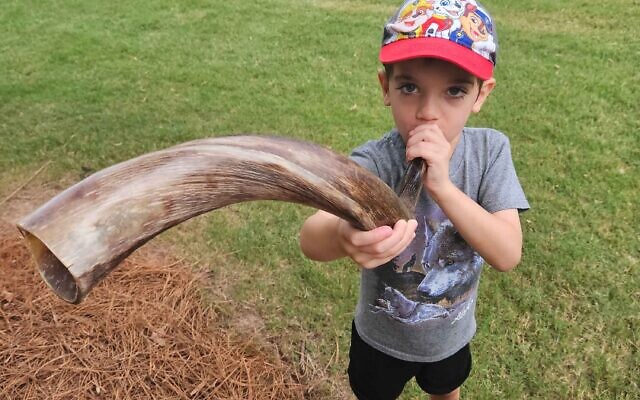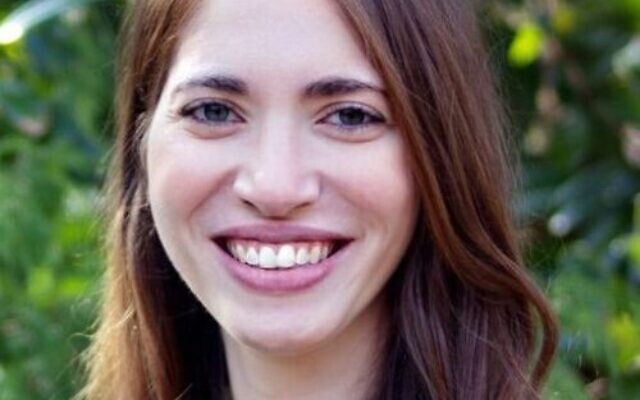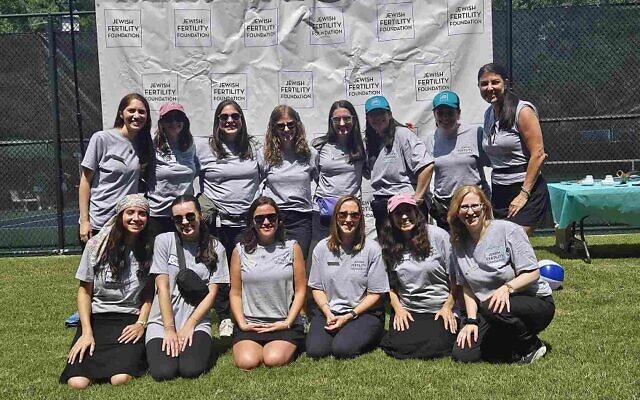Fertility Group Flourishes in Shadow of Abortion Bans
Jewish Fertility Foundation’s annual festival was more diverse and inclusive this year.
As its third annual High Holiday Festival proved, the Jewish Fertility Foundation is being fruitful and multiplying. More than 600 attended the festival with the support of 14 community partners on Sunday, Sept. 10, at the Marcus Jewish Community Center of Atlanta.
At the same time, the Foundation, founded in 2015 by Elana Frank, has expanded to seven cities with a projection to add one to three new locations annually. Detroit, Cleveland, and South Florida are the first targeted communities.
But even as the Foundation has diversified the communities it serves, focusing increasingly on LGBTQ and interfaith couples and individuals, the past year has not been devoid of complications. Since the U.S. Supreme Court overturned the 1973 ruling that legalized abortions in June 2022, the Foundation has had to walk – and talk – a fine line.

“It is a hard topic,” acknowledged Frank, JFF’s CEO. “Abortion is a part of the fertility conversation and it’s problematic when it’s not allowed. Our attorneys are nervous. We’re waiting for new rules and regulations.”
The Dobbs v. Jackson decision, supported by five of the nine Supreme Court justices, held that abortion was not a protected right under the Constitution, overturning the Roe v. Wade 1973 ruling, and returning the decision about abortion laws to the individual states. Like a number of states, the Georgia legislature voted to ban abortions after about six weeks, at a point where oftentimes women don’t even know they are pregnant.
“We are not a political organization, but we deal with the emotional fallout” that comes with abortion, said Frank. “People forget about the impact of very wanted pregnancies.” She pointed to the problems that rise from an ectopic pregnancy, when the fetus develops outside the uterus, putting the mother’s life at risk.

In some cases, doctors have advised women with life-threatening pregnancies to “bleed out in their cars” before entering a hospital. And as Frank pointed out, if a genetic disease has been detected in a fetus, Judaism allows an abortion – when a state might not. Amniocentesis, a medical procedure used primarily in the prenatal diagnosis of genetic conditions, isn’t usually done until 10 to 12 weeks into the pregnancy.
Women come to the Jewish Fertility Foundation when they have difficulties with pregnancies. Before Frank founded the organization, she lived in Israel where in vitro fertilization is essentially free. Her first two children resulted from IVF there.
In the U.S., just one cycle of IVF treatment – that may or may not result in pregnancy – costs about $20,000. Health insurance generally doesn’t cover the costs, but the Foundation provides up to two IVF grants up to $10,000, explained Kayla Heering, JFF national program director.

A less expensive treatment that enables pregnancy is intrauterine insemination, which can cost anywhere from $1,500 to $3,000. Grants of up to $1,000 are provided by JFF for these less invasive treatments.
Another complication of the new anti-abortion laws involves the extra embryos which are often frozen for possible use if the implanted embryo or two doesn’t result in pregnancy. Years later, a woman may no longer be interested in implantation of those embryos, but what can be done with them if destroying them might break the law?
“Some lawyers have advised us to move frozen embryos to other states,” said Frank. “We’re closely monitoring the situation. It’s not just about abortion.”
Heering points to the importance of the infertility support groups that JFF sponsors. Now there’s a peer-to-peer group for LGBTQ members. “There are now a lot of single moms by choice. As long as one of the partners is Jewish,” JFF grants are available. “We’ve taken away the requirement for a medical infertility diagnosis.”
One of JFF’s partnering organizations is J Screen. “Our families get free genetic testing” through J Screen, said Heering.
JFF launched the annual festival “to connect JFF alumni families and pass off the baton to other Jewish groups such as PJ Library, Honeymoon Israel, Jewish Kids Group, MACoM, SOJOURN, In the City Camps, schools such as Atlanta Jewish Academy and the Epstein School, and 18 Doors, which is an Atlanta non-profit serving interfaith families. Heering said the attendees were very diverse, “from all religious backgrounds.”

“This event was a testament to the power of community and the shared joy of celebrating our High Holidays together,” said Debra Meyer, a JFF board member.
“We are deeply grateful for the support of our 14 dedicated community partners and the overwhelming response from our attendees.”
Heering said the annual festival will be scheduled in 2024 again before the High Holidays.




comments